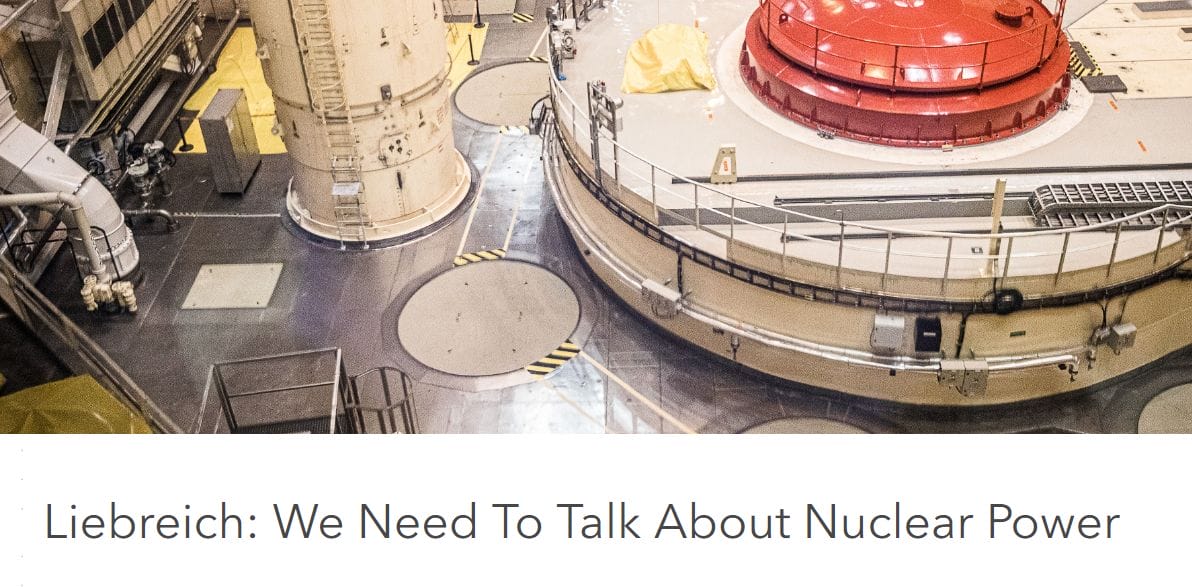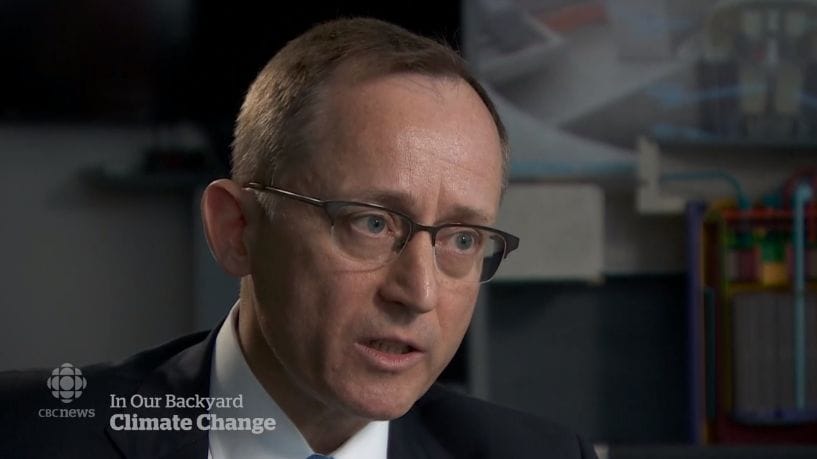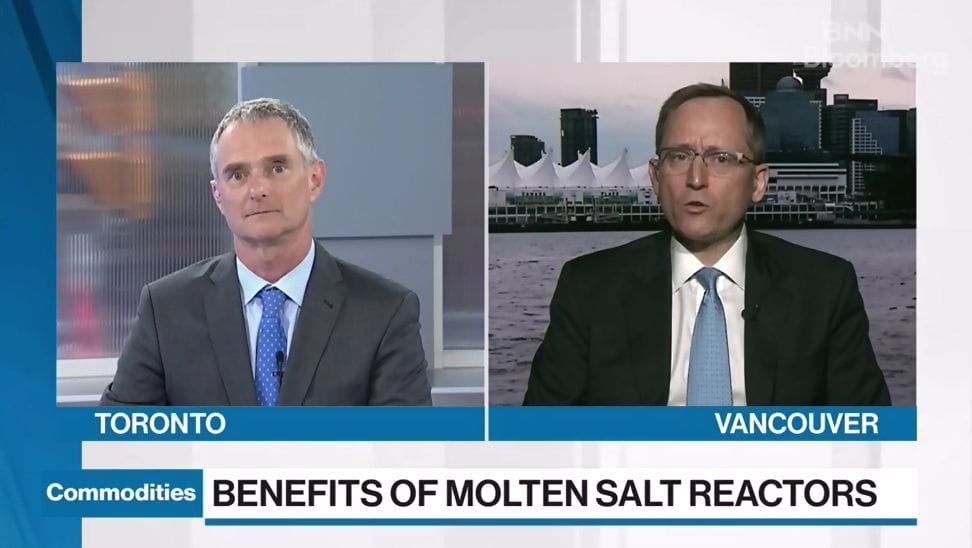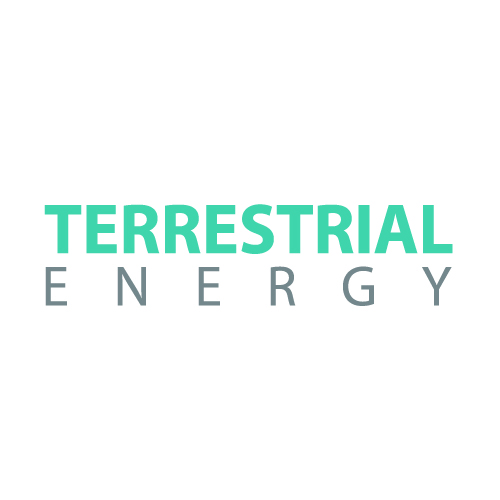- July 30, 2019
- In the News
Technology developers advance in CNL’s process to site a small modular reactor
By Canadian National Laboratories website
Canadian Nuclear Laboratories (CNL), Canada’s premier nuclear science and technology organization, is pleased to provide an update regarding the organization’s invitation to site a small modular reactor (SMR) demonstration unit at one of their managed campuses.









